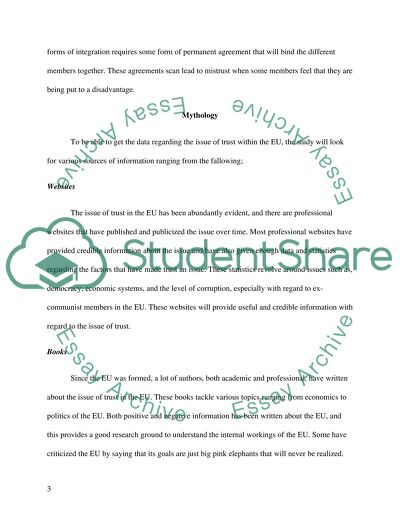Cite this document
(The Origin of the European Union Research Paper, n.d.)
The Origin of the European Union Research Paper. Retrieved from https://studentshare.org/politics/1404306-trust-within-eu
The Origin of the European Union Research Paper. Retrieved from https://studentshare.org/politics/1404306-trust-within-eu
(The Origin of the European Union Research Paper)
The Origin of the European Union Research Paper. https://studentshare.org/politics/1404306-trust-within-eu.
The Origin of the European Union Research Paper. https://studentshare.org/politics/1404306-trust-within-eu.
“The Origin of the European Union Research Paper”, n.d. https://studentshare.org/politics/1404306-trust-within-eu.


